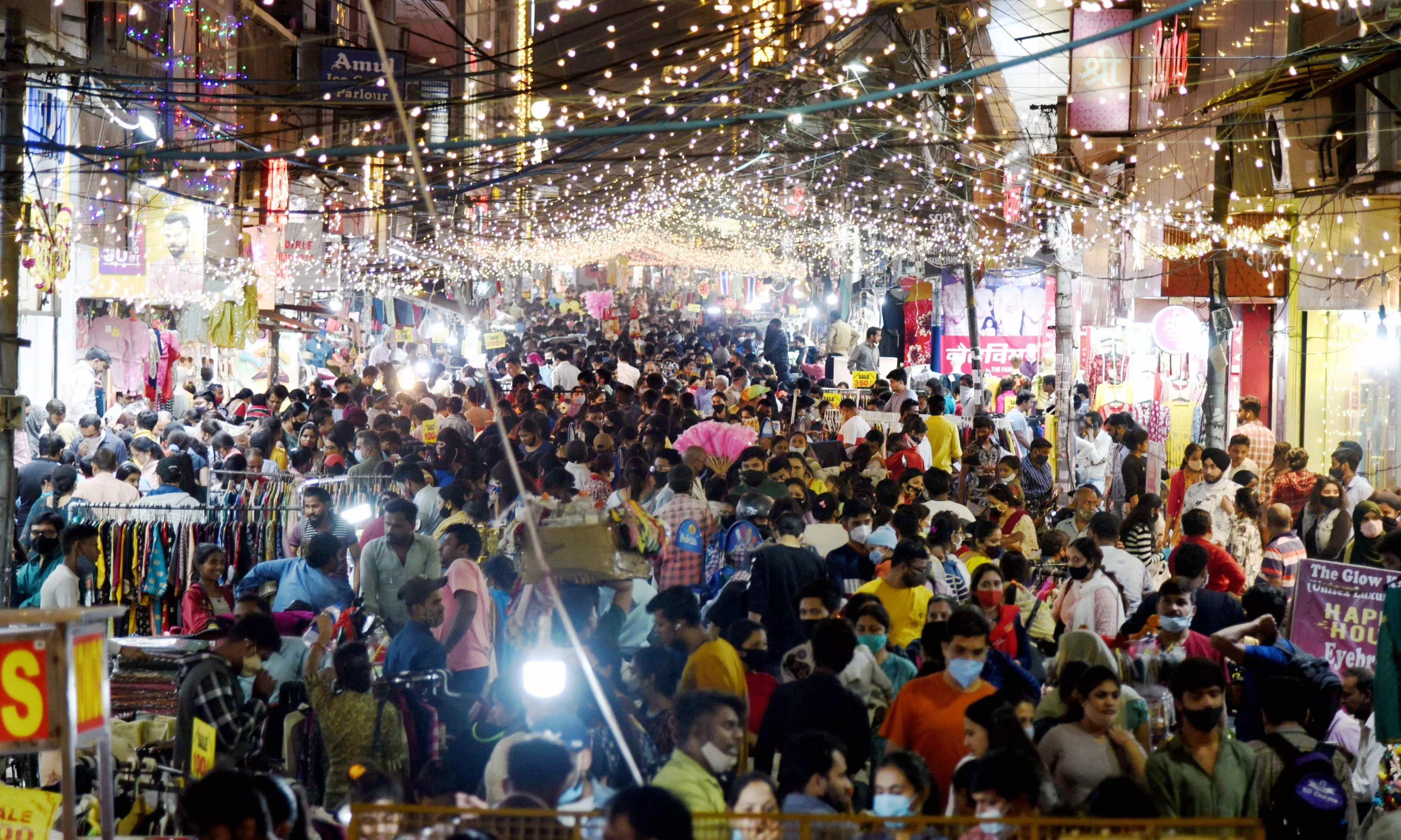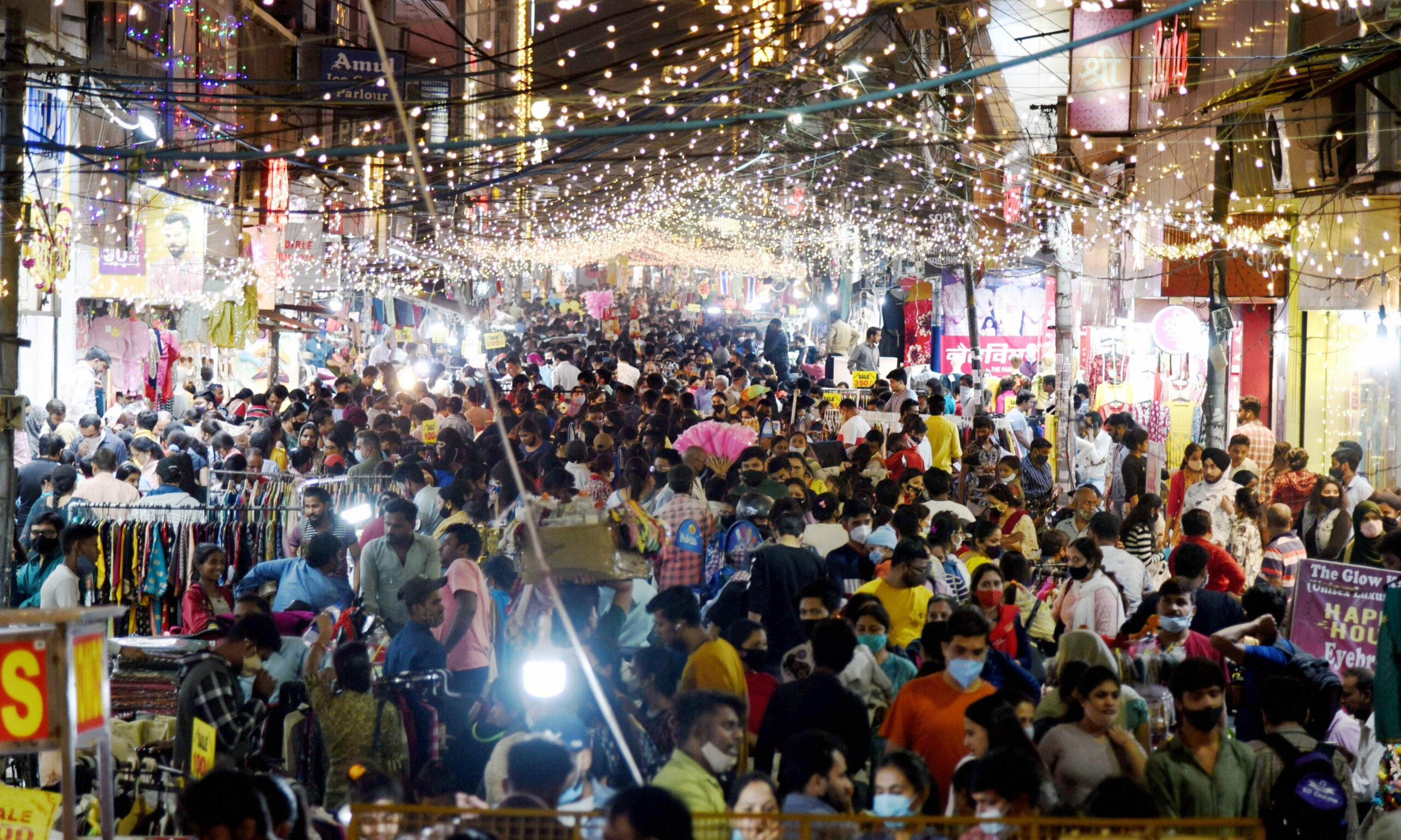
The legendary fourth king of Bhutan, His Majesty Jigme Singye Wangchuck, ruled for 34 years, until he voluntarily abdicated in 2008 in favour of his eldest son, the current king. He is credited with having coined the concept of Gross National Happiness (GNH) to measure the quality of life in a country. Gross Domestic Product (GDP), he said, measures progress solely through the economic lens. But “progress” is also determined by the degree of well-being people experience in spite of relative economic backwardness and material deprivation. On this basis, he claimed that Bhutan, the beautiful Shangri La hidden away in the Himalayas, is one of the happiest countries in the world.
Having been Ambassador of India in Bhutan, I agree. But for entirely different reasons, I think that it is India that is actually the happiest country in the world. The simple reason behind this claim is that by now our threshold of acceptance of the unacceptable has become so low, that almost nothing makes us unhappy.
In proof, we have only to see how we generally react to situations that would otherwise make most people acutely unhappy. For instance, our cities have become urban nightmares. Neither power or water is assured; sewage disposal systems are near collapse; roads — except a few VIP boulevards — are full of potholes; every monsoon we see flooding with garbage floating over blocked drainage networks; our once pristine rivers are filthy; our cities are among the most polluted in the world.
No matter. Our strength is our “positive” attitude. If power-cuts last for hours, at least there is electricity for the rest of the day; if monsoons cause misery, this is but temporary; if water is scarce, occasional tankers, or illegal borewells, or water scraped from dying wells, can still ensure survival; if roads are deathtraps, all that is required is more dexterous driving; if rivers are noxious, at least they still exist; if pollution is a killer, did we not survive it last year?
Our politicians are never unhappy. If they win an election, it is naturally a matter of great jubilation; if they lose it, the adroit use of party funds still ensures that their personal fortunes don’t dip, and an old Innova transforms into a new Fortuner; if Parliament functions, people happily watch MPs happily shouting at each other; if adjourned the representatives of the people have the comfort of subsidized cuisine in Central Hall. Parliament sessions, and that of most Assemblies, ceaselessly provide free and delightful entertainment, including fistfights. For those inside these august Houses, problems raised by people are the least of problems. They can easily be deflected by talking about religion, nationalism, or any other extraneous issue. And, who says that we are a poor country? During elections political parties can spend so much money that we now have the most expensive elections in the world, putting even the United States in the shade.
Our judicial system exudes happiness; crores of people approach it for recourse, and crores of cases still remain pending; judges get their salaries on time, lawyers make even more money, and the guilty are assured that justice will be delayed. For the apex courts, judges happily appoint judges — perhaps the only country where this is the practice — while the government happily delays its concurrence for the names recommended by the judiciary. Meanwhile, some high courts have as many vacancies as there are judges, but nobody is complaining because the system continues to work happily.
Most bureaucrats are happy at the new opportunities to make money. These opportunities have now happily increased to astronomical sums, while those unfortunate ones who make less are still happy that at least the opportunities to make their usual cut are proliferating. Most bureaucrats have become adept at the fine art of taking on the characteristics of litmus paper: Changing colour to suit the regimen in power. Pliable bureaucrats are happy at being deservedly rewarded, and there are very few left who do not want to remain similarly happy.
Our businesspersons are happy; if their profits increase, ingenuous chartered accountants ensure their taxes don’t; besides, money opens all doors, and the rich keep getting richer. When required they happily contribute to the coffers of political parties, and the system happily allows them to do so in anonymity, so that the donors happily retain their image of honesty and integrity. On their part, political masters are happy to do the needful so that the givers of largesse continue to happily give more.
But even the poor, the government claims, are happy. They get free rations, and a bunch of revdis, including money to build a pucca house. If the local authorities take an illegal cut from the revdis, the officials are happy; and the poor are still happy, because at least they get something. Our rich farmers couldn’t be happier. They have free electricity, free water and cheap labour. The poor farmers are happy when the monsoons come on time, or when the aadati or middleman pays them their meagre dues, or lends them a loan when required at exorbitant interest rates. They also have the Minimum Support Price (MSP) to look forward to, and when that is not enough or forthcoming, they have the innovative MNREGA scheme where minimum wages are paid to anybody to do any kind of work without picking up any skills or adding anything to overall productivity.
Our happiness hoarding has several unchallenged proclamations. We are the world’s largest democracy; we are the world’s fastest growing economy; we are a nuclear power; an Indian will soon land on the moon; we are the youngest nation in the world; we are the outsourcing capital of the world; our great civilisation goes back to the dawn of time.
Everybody is happy in India, for we have happily mastered the art of seeing hope even where none apparently exists. No one appears to be unhappy enough to ensure that anything radically changes in our lives. This make-belief House of Happiness will be challenged only when ordinary citizens, especially the young, come out of their stupor, and begin to find far more effective means to display their unhappiness. But until then, why not just remain happy?
